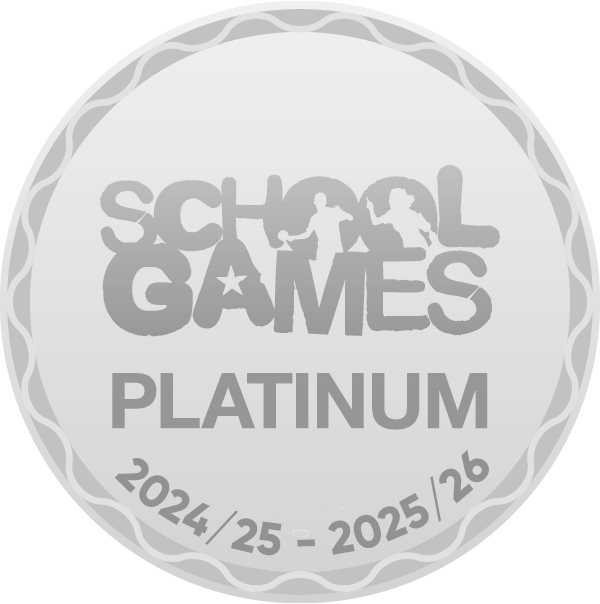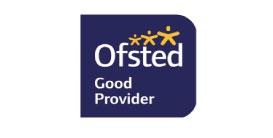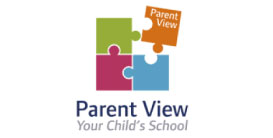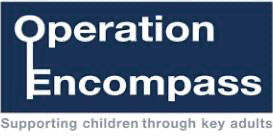Languages Intent Statement
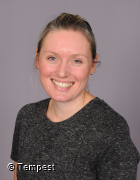
Languages Subject Leader: Mrs Wheatley
Intent- what we aim for children to achieve through our MFL curriculum:
At Durham Lane Primary School, we see language learning as an important part of every child’s development and their understanding of the wider world. We aim to offer high quality learning opportunities which give our pupils the chance to explore different cultures and languages. Our main
programme of MFL teaching is delivered in French in Key Stage Two, although we also explore other languages in an informal way throughout school. During their time at Durham Lane, children gain an appreciation and curiosity for other languages by learning songs, stories and greetings from other languages and by participating in whole school celebrations of languages in assemblies. We aim to foster a love of language learning and to give our pupils the confidence needed to enjoy communicating using languages other than their own.
Implementation- how we achieve our aims:
As a school, we strive to develop the four key aspects of language learning: speaking, listening, reading and writing. Developing these skills is at the heart of our MFL teaching and each skill is valued throughout our Key Stage Two programme. Our skills progression map shows how each of these areas is secured and extended over the four years. We have created a scheme of work that uses existing units from the interactive Rigolo programme with the addition of our own tailored opportunities for developing reading and writing skills. This aims to challenge the children to go further with their learning and to prepare them for language learning in secondary school.
French is taught through the following topics in Key Stage Two:
| Autumn | Spring | Summer | |
| Year 3 | Bonjour! Greetings and titles, numbers to 10. | En Classe Classroom objects, colours, classroom instructions. | Mon Corps Parts of the body, describing appearance and character, days of the week. |
| Year 4 | Les Animaux Animals including pets, numbers to 20, describing someone else. | Ma Famille Name and describing family members, household items, school in France. | Bon Anniversaire Asking questions, describing and ordering snacks, numbers to 30, months and birthdays. |
| Year 5 | Encore! Nationality, detailed description of people, Christmas songs. | Quelle heure est-il? Hobbies, telling the time, negatives. | Les fêtes Festivals in France, asking questions, numbers to 60.l |
| Year 6 | Où vas-tu? Places in France, giving basic directions, talking about the weather. | On mange! Food shopping, asking about prices, opinions about foods. | Le Cirque French speaking countries, other languages, name and describing clothing. |
Rigolo – The Rigolo programme uses familiar characters and interactive games to engage children when learning French. It gives the children the opportunity to hear the voices of native speakers and in this way assimilate accurate pronunciation. Units build upon the skills previously taught in earlier topics and cover vocabulary and contexts that will be useful to young language learners such as greetings, ordering food and describing themselves and others. However, as a school we felt that we could enhance this programme further by planning in lessons which extend pupils’ ability to speak, write and read in French. We have therefore added the following aspects to each unit of work.
Phonemia – We use this range of lessons to develop children’s pronunciation and listening skills. Each distinct sound in French is covered individually and pupils are encouraged to follow the accurate spoken model that is provided. The Phonemia resources also provide written texts which
are used to encourage children to spot links to words they have already learnt or to words they know from their own language. We feel that this skill is key to successful language learning and, more widely, fosters a curiosity and love of words, regardless of which language they belong to.
Stories – We have added a range of stories in French which link closely to the content in the Rigolo units. The stories we have chosen are mainly ones that our pupils are familiar with; this helps them to engage with and feel confident with the new vocabulary being taught. Some of the stories we use
are: La Surprise de Handa, La Chenille qui Fait des Trous and Ours Brun.
Songs – A range of songs have been added to our scheme of work to provide engaging ways to learn and remember new vocabulary. Familiar tunes are used and opportunities for repetition help our pupils to know more and remember more.
Children’s written work is recorded in exercise books that they keep with them throughout the key stage. This provides a handy reference point for children to use when refreshing prior learning. Pupils also learn to use bilingual dictionaries to check spelling and find out new vocabulary. Key
Stage Two classrooms display key vocabulary from French lessons and this is regularly refreshed to show new vocabulary.
Impact- how we know we have achieved our aims:
The impact of our MFL curriculum is measured throughout Key Stage Two by the following:
- Summative assessment of pupils’ skills (termly data is put on our Insight tracking system and is analysed by the subject leader);
- Images and videos of the children’s practical learning;
- Marking work in books and listening to responses to questions in class;
- Lesson observations and feedback given by subject leader;
- Discussions with pupils about their learning (pupil voice).
Languages in Key Stage Two











